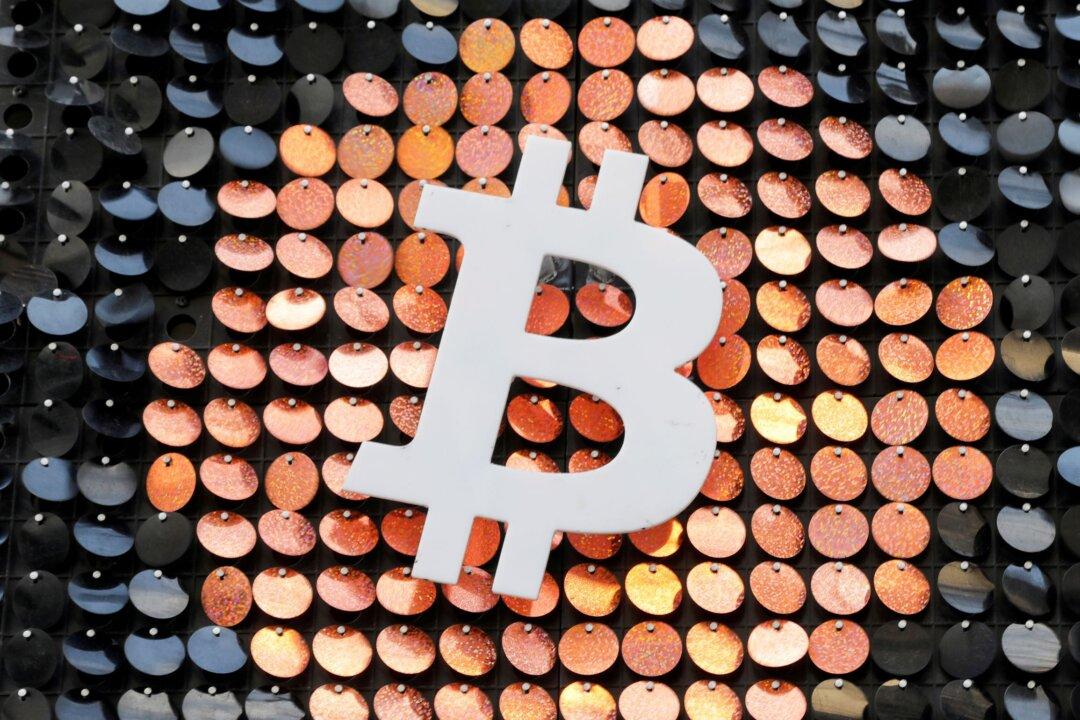Commentary
As the U.S. dollar continues to lose its purchasing power, there are legitimate fears that its days as the global reserve currency are coming to an end. Although it is still very much the international currency of choice, the dollar, like all currencies, must move with the times.





